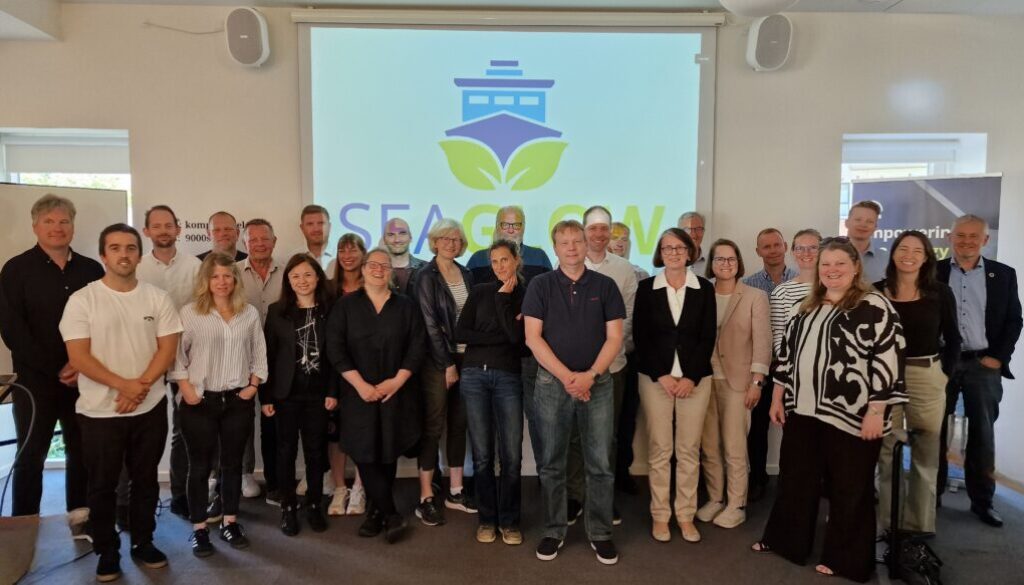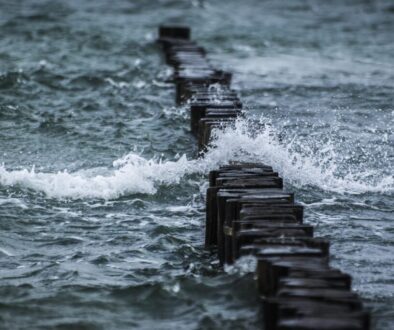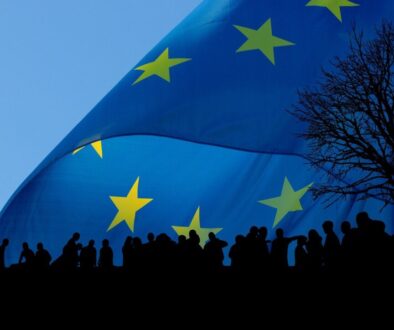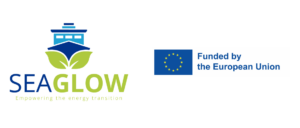 Aalborg, 4 June 2024 – LIFE is enthusiastic to be part of a consortium of 16 partners from across the European Union, Norway and Thailand who joined in Aalborg, Denmark, to officially launch the Seaglow Project and accelerate the transition of the fishing sector towards renewable and low-carbon energy sources. The initiative, led by NorthDenmark EU-Office, aims to demonstrate that when using the right combination of technologies, small-scale fisheries can reduce their dependency on fossil fuels and positively contribute to restoring marine ecosystems and improving fishing communities’ well-being.
Aalborg, 4 June 2024 – LIFE is enthusiastic to be part of a consortium of 16 partners from across the European Union, Norway and Thailand who joined in Aalborg, Denmark, to officially launch the Seaglow Project and accelerate the transition of the fishing sector towards renewable and low-carbon energy sources. The initiative, led by NorthDenmark EU-Office, aims to demonstrate that when using the right combination of technologies, small-scale fisheries can reduce their dependency on fossil fuels and positively contribute to restoring marine ecosystems and improving fishing communities’ well-being.
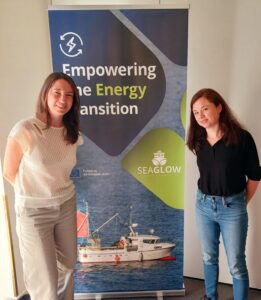 The SEAGLOW consortium will design, construct, and operate five technology pilots, including the replacement of conventional diesel engines, on four vessels in Denmark, Estonia, Norway, and Sweden. Researchers and fishers will then conduct tests in real-life conditions during operations covering at least two fishing seasons, which is rarely done due to the complexity of the task. “We are very excited to kick off this ambitious project”, – states Hanne Bregendahl Pihl, Head of Unit of NorthDenmark EU-Office – “it is a unique opportunity to test and demonstrate some of the available green transition solutions on the market and showcase the impact of these on real, active fishing boats across the Baltic and North Sea. Seaglow has received very high evaluations from the European Commission and encompasses a consortium with a high political reach, which provides optimum conditions for providing feedback on what works in practice, what are the challenges the fishermen are experiencing when engaging in the green transition and what needs to be changed or adapted in future regulations, funding programs and setups.”
The SEAGLOW consortium will design, construct, and operate five technology pilots, including the replacement of conventional diesel engines, on four vessels in Denmark, Estonia, Norway, and Sweden. Researchers and fishers will then conduct tests in real-life conditions during operations covering at least two fishing seasons, which is rarely done due to the complexity of the task. “We are very excited to kick off this ambitious project”, – states Hanne Bregendahl Pihl, Head of Unit of NorthDenmark EU-Office – “it is a unique opportunity to test and demonstrate some of the available green transition solutions on the market and showcase the impact of these on real, active fishing boats across the Baltic and North Sea. Seaglow has received very high evaluations from the European Commission and encompasses a consortium with a high political reach, which provides optimum conditions for providing feedback on what works in practice, what are the challenges the fishermen are experiencing when engaging in the green transition and what needs to be changed or adapted in future regulations, funding programs and setups.”
LIFE will be involved in several project activities, ranging from communication tasks to producing policy recommendations. Cleaner energy sources are a top priority on the European agenda, with the indicative target for the fishing sector to reduce fossil fuel intensity (in litres per kg of landed product) by >15 % from 2019 to 2030, with the ultimate goal being CO2 neutrality by 2050. Thanks to the Seaglow Project, the small-scale fishing sector will take significant steps forward in overcoming the regulatory and technical challenges of switching to the use of cleaner energy sources and reducing dependency on fossil fuels.
*Cover photo: Partners part of the Seaglow Project (Photo by courtesy of the Seaglow Project).
*Photo: LIFE staff during the kick-off meeting held in Aalborg, Denmark
*Funded by the European Union. Views and opinions expressed are however those of the author(s) only and do not necessarily reflect those of the European Union or the European Climate, Infrastructure and Environment Executive Agency (CINEA). Neither the European Union nor the granting authority can be held responsible for them.

